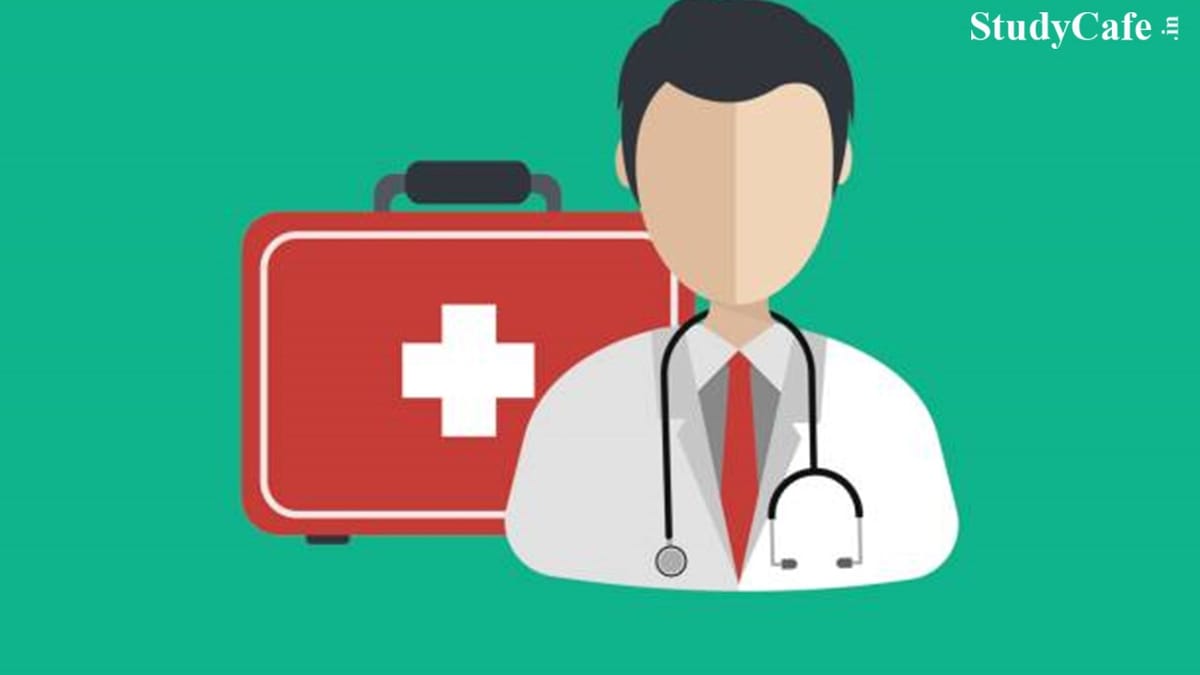Supreme Court Dismisses Apex Laboratories (P) Ltd appeal for claiming Income Tax Relief on freebies given to Doctors
Deepak Gupta | Feb 23, 2022 |

Supreme Court Dismisses Apex Laboratories (P) Ltd appeal for claiming Income Tax Relief on freebies given to Doctors
On Tuesday 23rd Feb 2022, the Supreme Court Dismissed Apex Laboratories (P) Ltd (The Appellant or Apex) appeal for claiming Income Tax Relief on freebies given to Doctors.
The pharmaceutical companies’ gifting freebies to doctors, etc. is clearly “prohibited by law”, and are not allowed to be claimed as a deduction under Section 37(1) of Income Tax. Doing so would wholly undermine public policy. The well-established principle of interpretation of taxing statutes that they need to be interpreted strictly cannot sustain when it results in an absurdity contrary to the intentions of the Parliament.
The Bench of Justice Uday Umesh Lalit, and S. Ravindra Bhat, J. gave this decision, upholding the decision of the Madras High Court, which upheld the decision of Income Tax Department disallowing expenditure made by the appellant on gifting freebies to doctors.
On 01.08.2012, the Central Board of Direct Taxes (CBDT) issued a circular, which clarified that expenses incurred by pharmaceutical and allied health sector industries for distribution of incentives (i.e., “freebies”) to medical practitioners are ineligible for the benefit of Explanation 1 to Section 37(1), which denies the application of the benefit for any purpose which is an ‘offense’ or ‘prohibited by law’.
After the circular was issued, on 22.11.2012, Apex was issued a notice under Section 142(1) of the IT Act, to explain why the expenditure of ₹ 4,72,91,159/- incurred towards gifting freebies such as hospitality, conference fees, gold coins, LCD TVs, fridges, laptops, etc. to medical practitioners for creating awareness about the health supplement ‘Zincovit’, should not be added back to the total income of Apex.
It was argued by the counsel for Appellant, Mr. S. Ganesh, Senior Advocate, that the amended 2002 Regulations were not applicable to Apex, e., pharmaceutical companies were not bound by them. While medical practitioners were expressly prohibited from accepting freebies, no corresponding prohibition in the form of any binding norm was imposed on the pharmaceutical companies gifting them. In the absence of any express prohibition by law, Apex could not be denied the benefit of seeking exclusion of the expenditure incurred on the supply of such freebies under Section 37(1).
However, Mr. Sanjay Jain, Additional Solicitor General appearing for the respondent revenue authorities, submitted that while the act of pharmaceutical companies gifting freebies to medical practitioners for promotion of their products may not be classified as an ‘offense’ under any statute, it was squarely covered within the scope of Explanation 1 to Section 37(1) by use of the words “prohibited by law”, as it was specifically prohibited by the amended 2002 Regulations. While Apex could not be ‘punished’, it should not be allowed to benefit by claiming a tax exemption on the freebies distributed.
As per the Court, the incentives (or “freebies”) given by Appellant, to the doctors, had a direct result of exposing the recipients to the odium of sanctions, leading to a ban on their practice of medicine. Those sanctions are mandated by law, as they are embodied in the code of conduct and ethics, which are normative, and have legally-binding effects. The conceded participation of the assessee- i.e., the provider or donor- was plainly prohibited, as far as their receipt by the medical practitioners was concerned. That medical practitioner were forbidden from accepting such gifts, or “freebies” was no less a prohibition on the part of their giver.
In case of any Doubt regarding Membership you can mail us at contact@studycafe.in
Join Studycafe's WhatsApp Group or Telegram Channel for Latest Updates on Government Job, Sarkari Naukri, Private Jobs, Income Tax, GST, Companies Act, Judgements and CA, CS, ICWA, and MUCH MORE!"